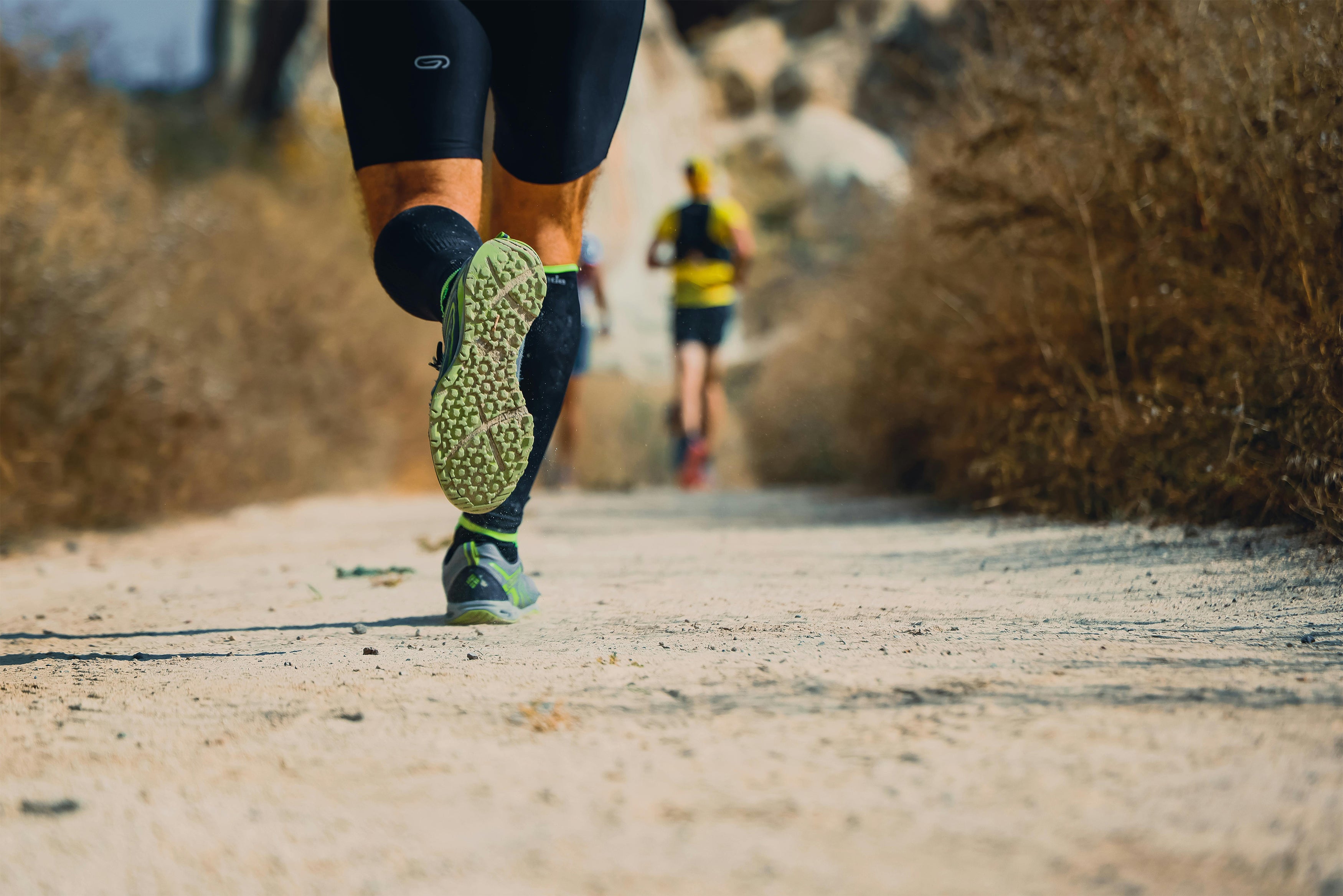
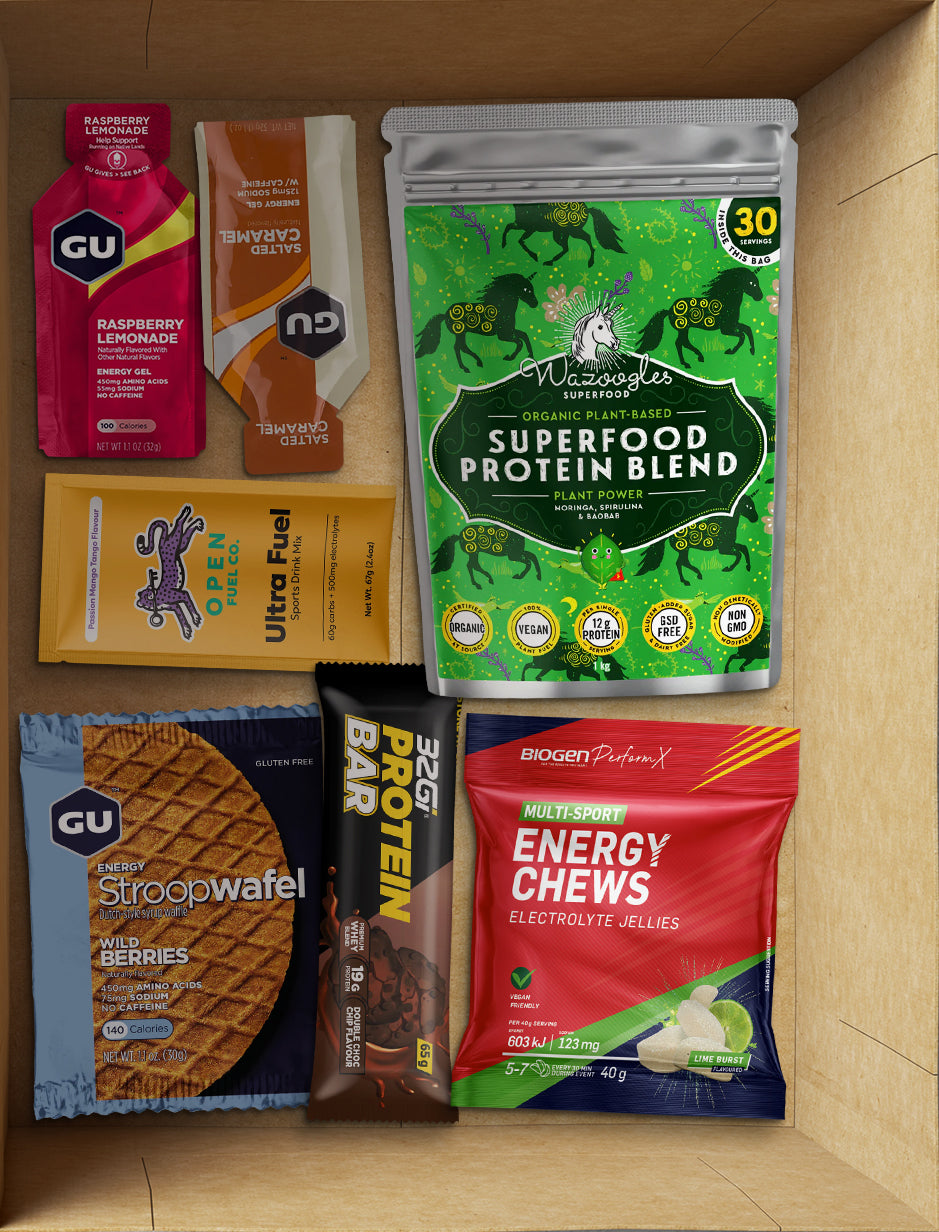
Input=Output
By understanding what your body needs and when, you can train smarter, avoid energy crashes, and perform at your best. The right nutrition strategy makes the difference between just finishing and truly excelling in every session. Let's get started ↩︎
Basic Nutrition building blocks
Scroll through the blocks and hit ⊕ to show the information.
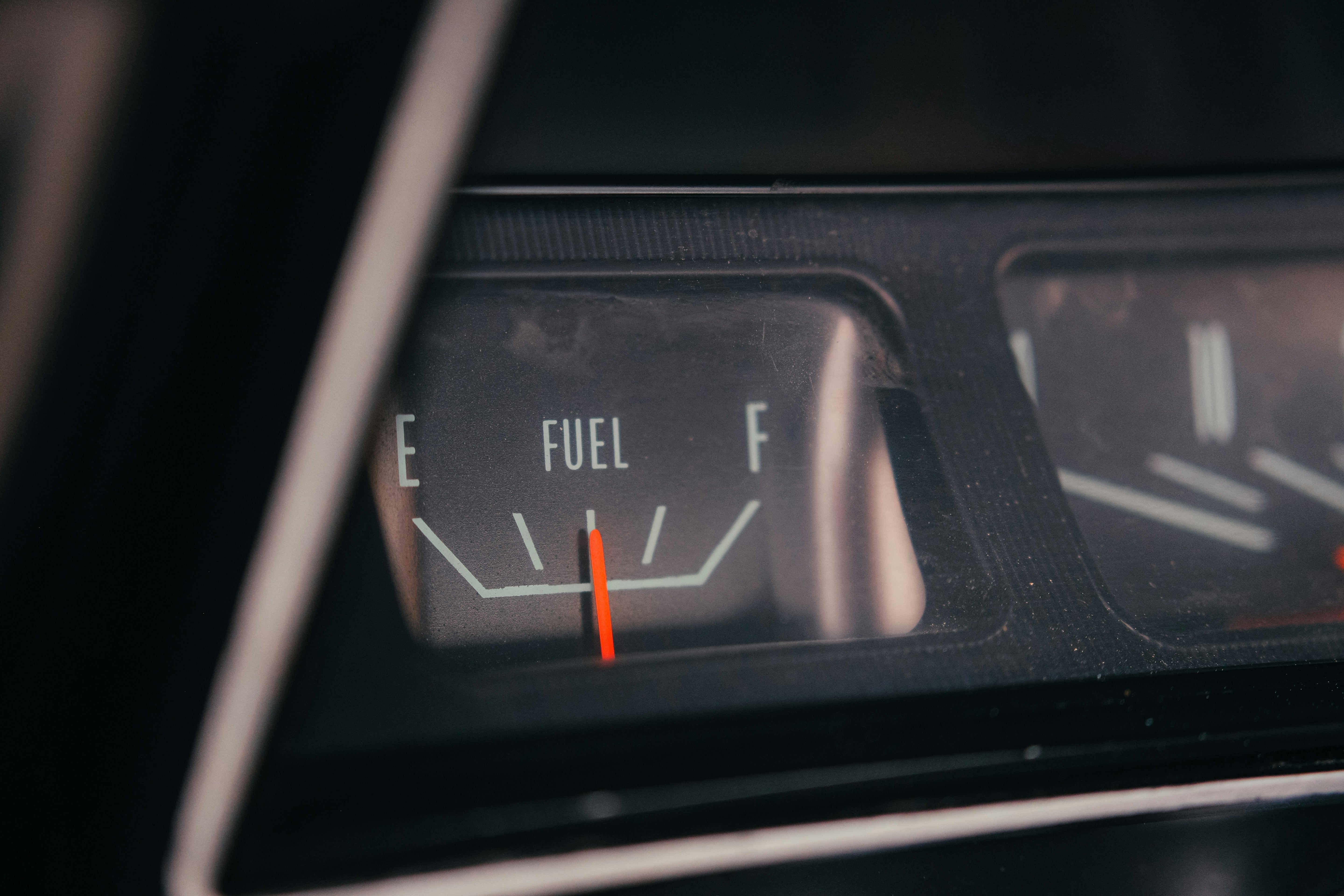
Energy (kj)
Just like petrol for a car.
Energy (kJ) is how food’s fuel value is measured, just like petrol for a car. The higher the kilojoules, the more energy it gives your body. For endurance athletes, knowing energy content helps you plan fuelling so you don’t run out mid-session and can keep performing strong.

Calories (kcal)
The global way of counting energy
Calories and kilojoules measure the same thing - how much fuel food gives your body. Tracking calories helps you match energy in with training demands so you don’t underfuel or overdo it.
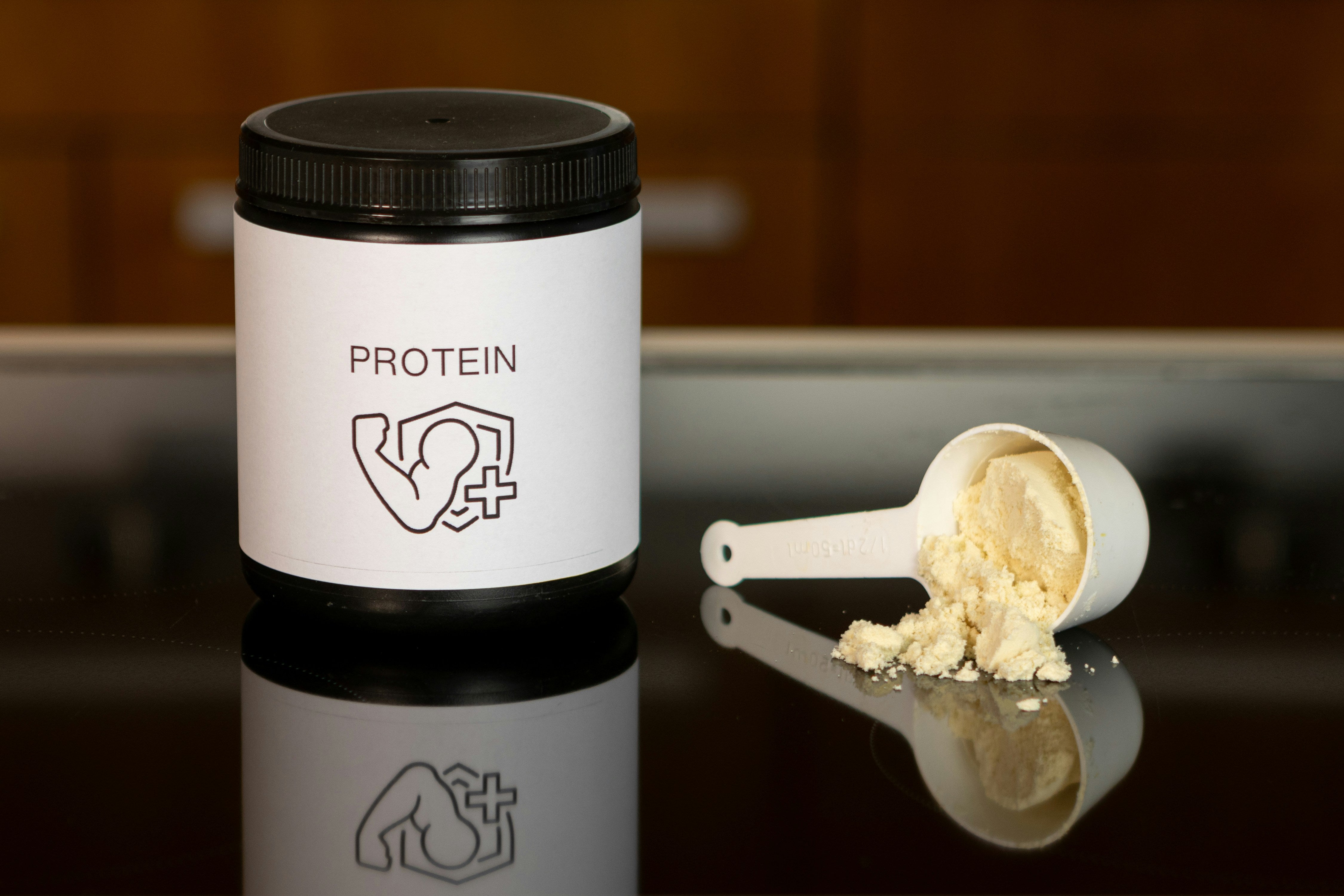
Protein
Your body’s repair kit.
Training breaks muscle down; protein builds it back stronger. Without enough, recovery slows and fatigue builds. A post-session protein hit helps you bounce back faster.

Carbohydrates
Your high-octane fuel.
Carbs are the quickest to turn into usable energy, powering every stride, pedal, or climb. They’re the difference between cruising and hitting the wall.
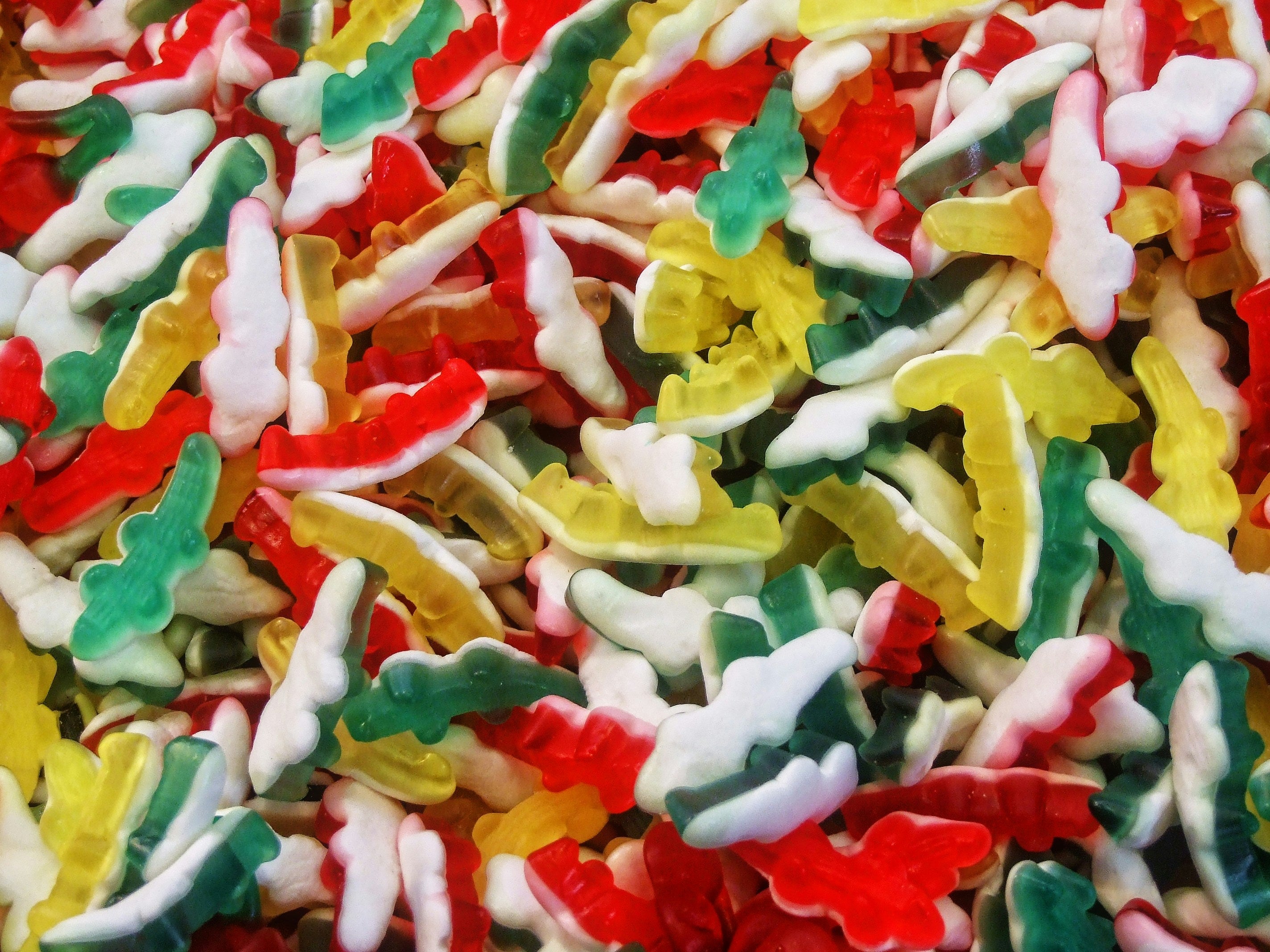
Sugars
The sprint fuel.
Sugars are the simplest carbs - absorbed fast and perfect for a mid-race boost. Too much too quickly can cause a spike and crash, so use them wisely.
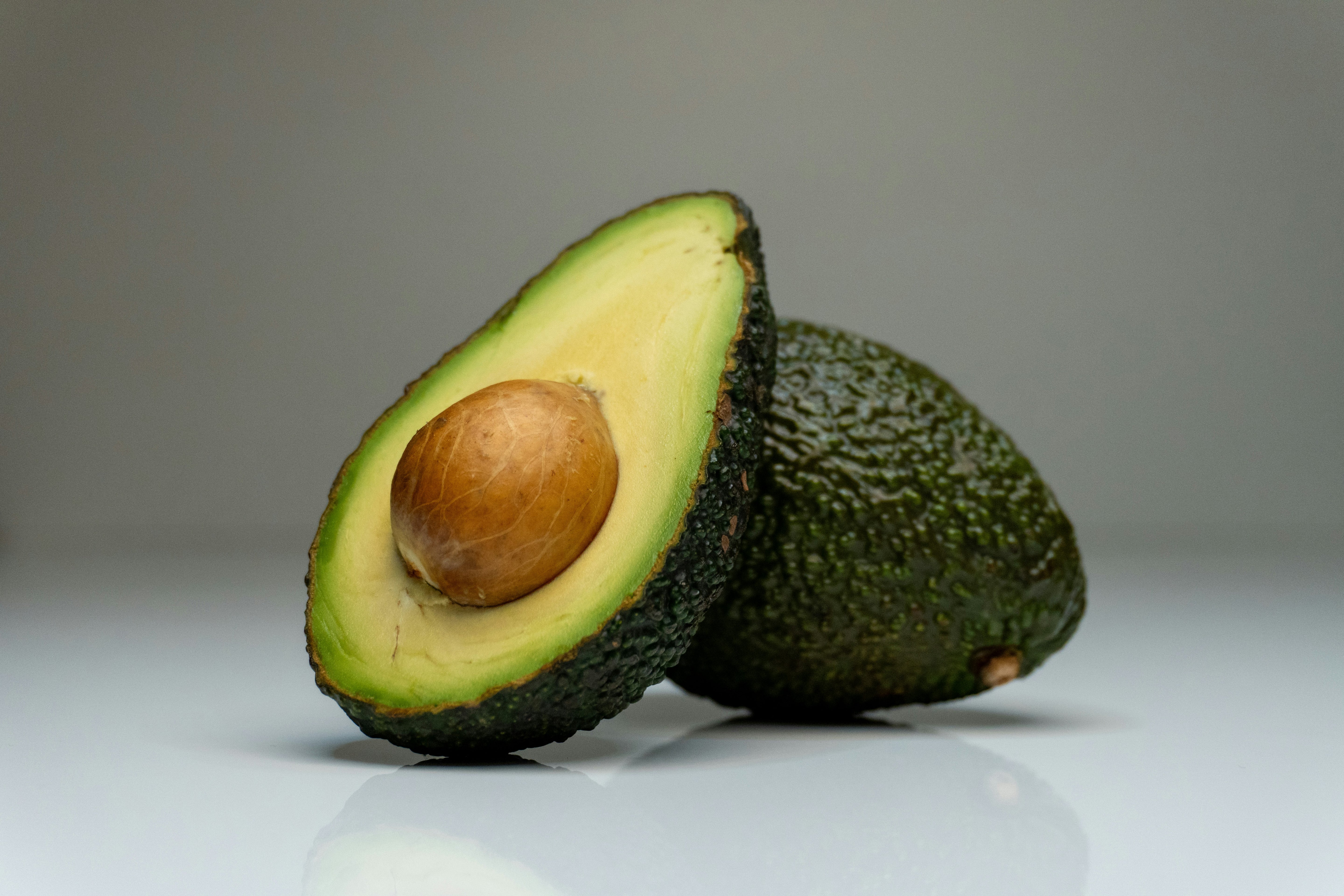
Fat
The slow-burner.
Fats provide long-lasting energy at lower intensities and help your body absorb vitamins. They’re key for everyday diet, but not the main race-day fuel.
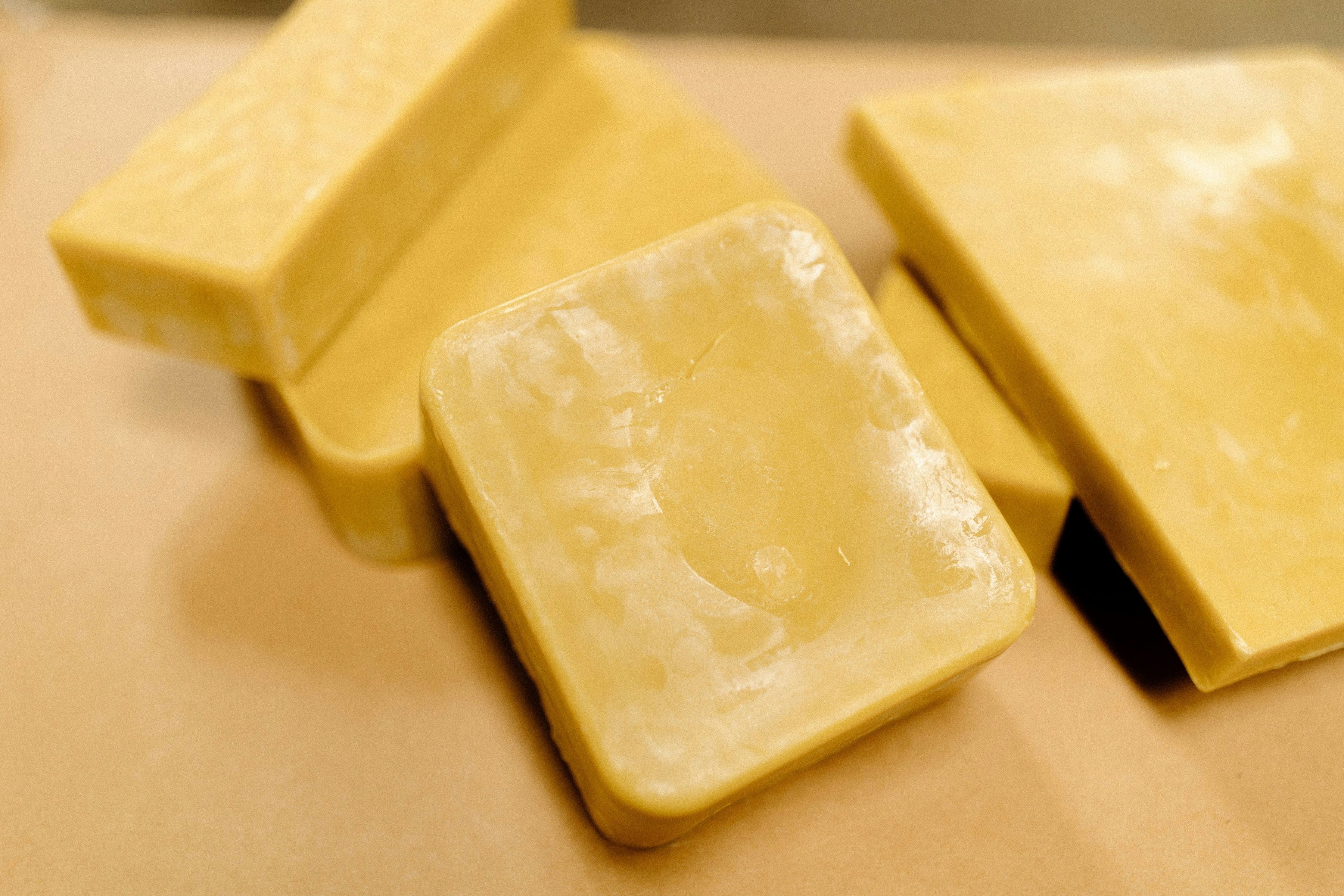
Saturated Fat
The heavy version of fat.
A little is fine, but too much can slow recovery and increase inflammation. Prioritise unsaturated fats like nuts and olive oil for performance.
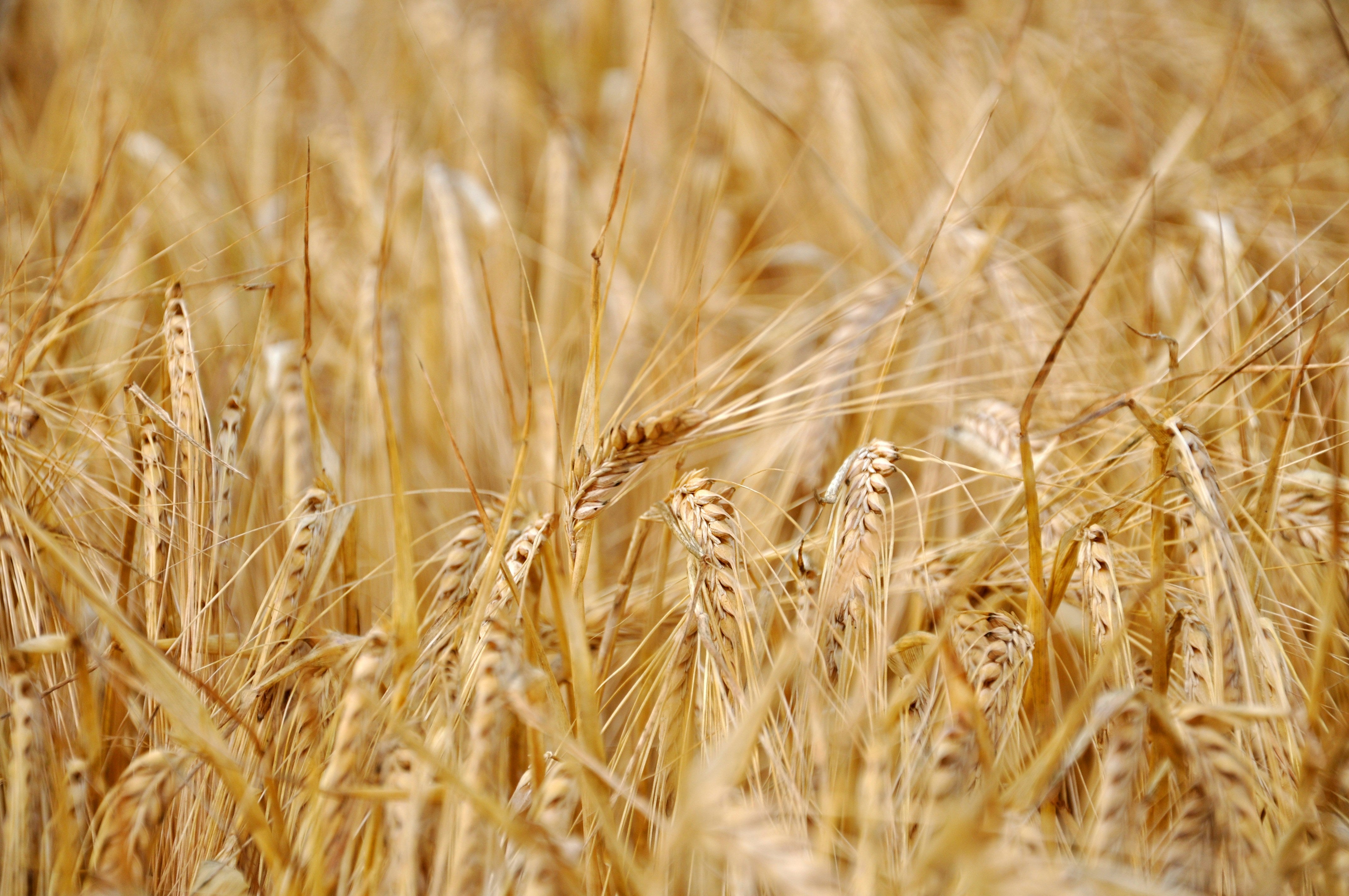
Fibre
The gut regulator.
Fibre keeps digestion healthy and stable. Great daily, but too much before a session can mean stomach trouble mid-race.

Calcium
The bone strengthener.
Calcium supports strong bones and muscle contractions. Endurance athletes who skimp risk stress fractures and weakness over time.

Sodium
The main salt lost in sweat.
Replace it during long sessions to avoid cramps, dizziness, or energy dips. It’s the cornerstone of electrolyte drinks and tabs.
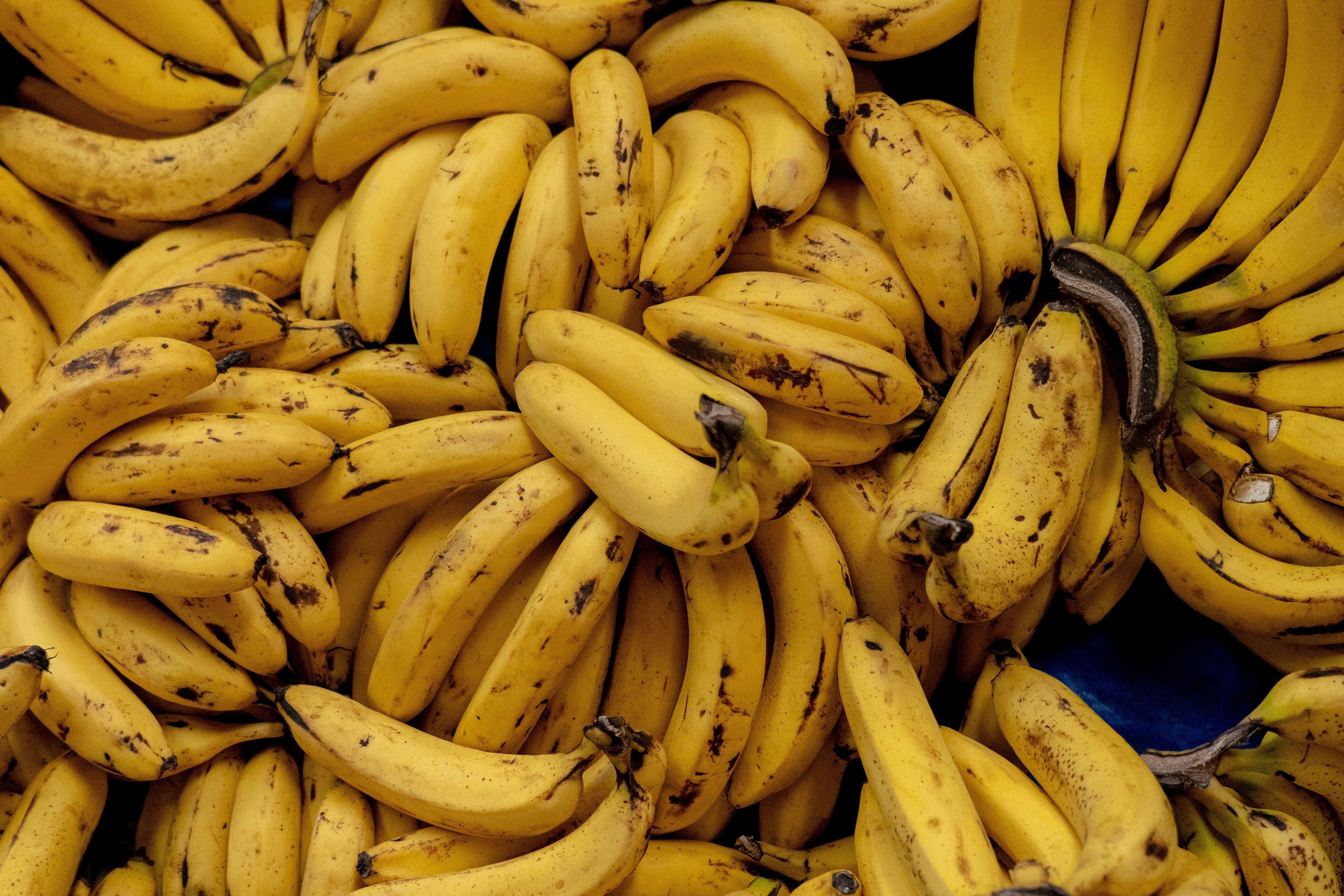
Potassium
The muscle conductor.
Works with sodium to keep contractions smooth and reduce cramp risk. Losing too much (especially in heat) can leave you weak.
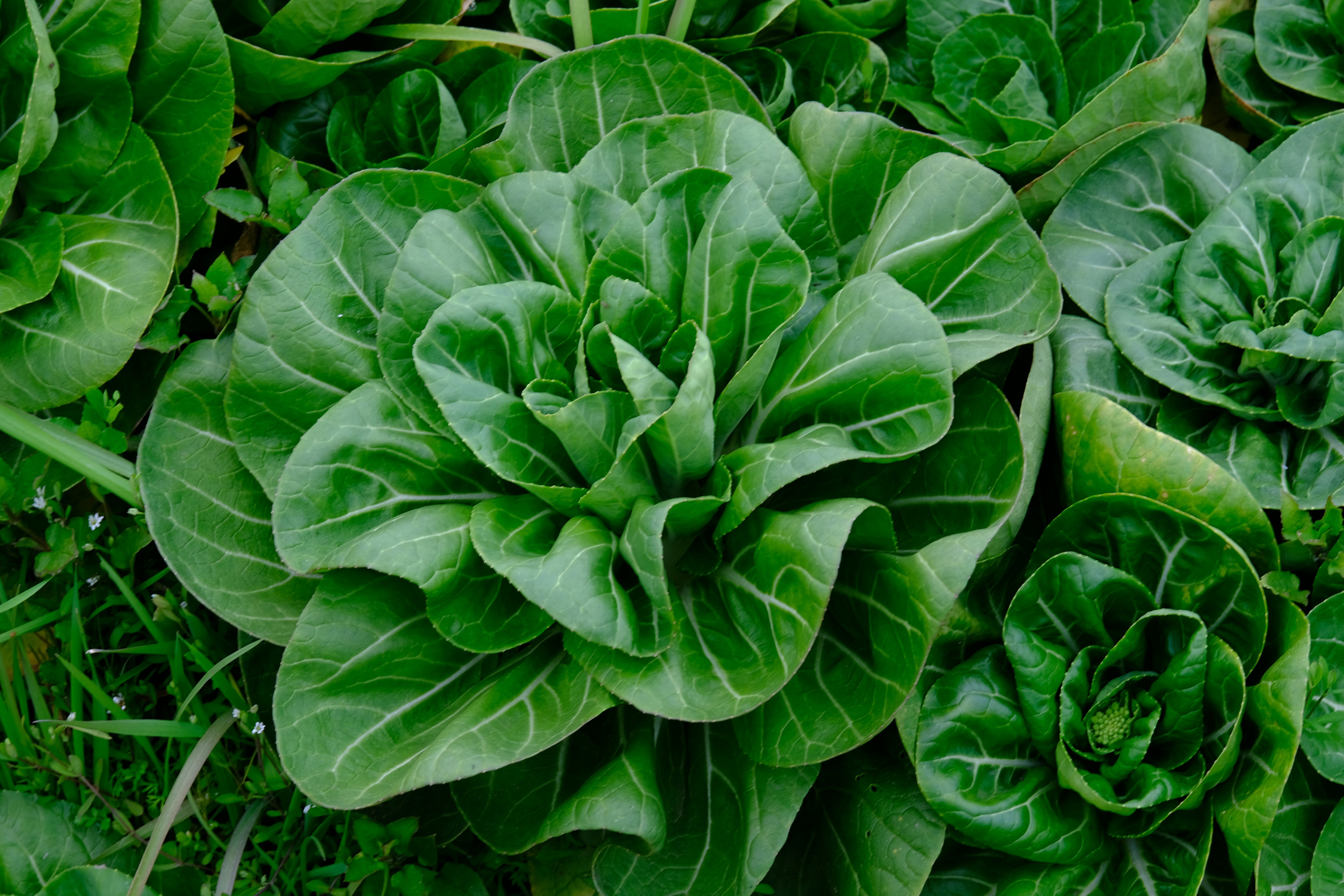
Magnesium
The relax-and-recover mineral.
Supports muscle function, reduces cramp risk, and helps your body unwind after big efforts. Many athletes don’t get enough.
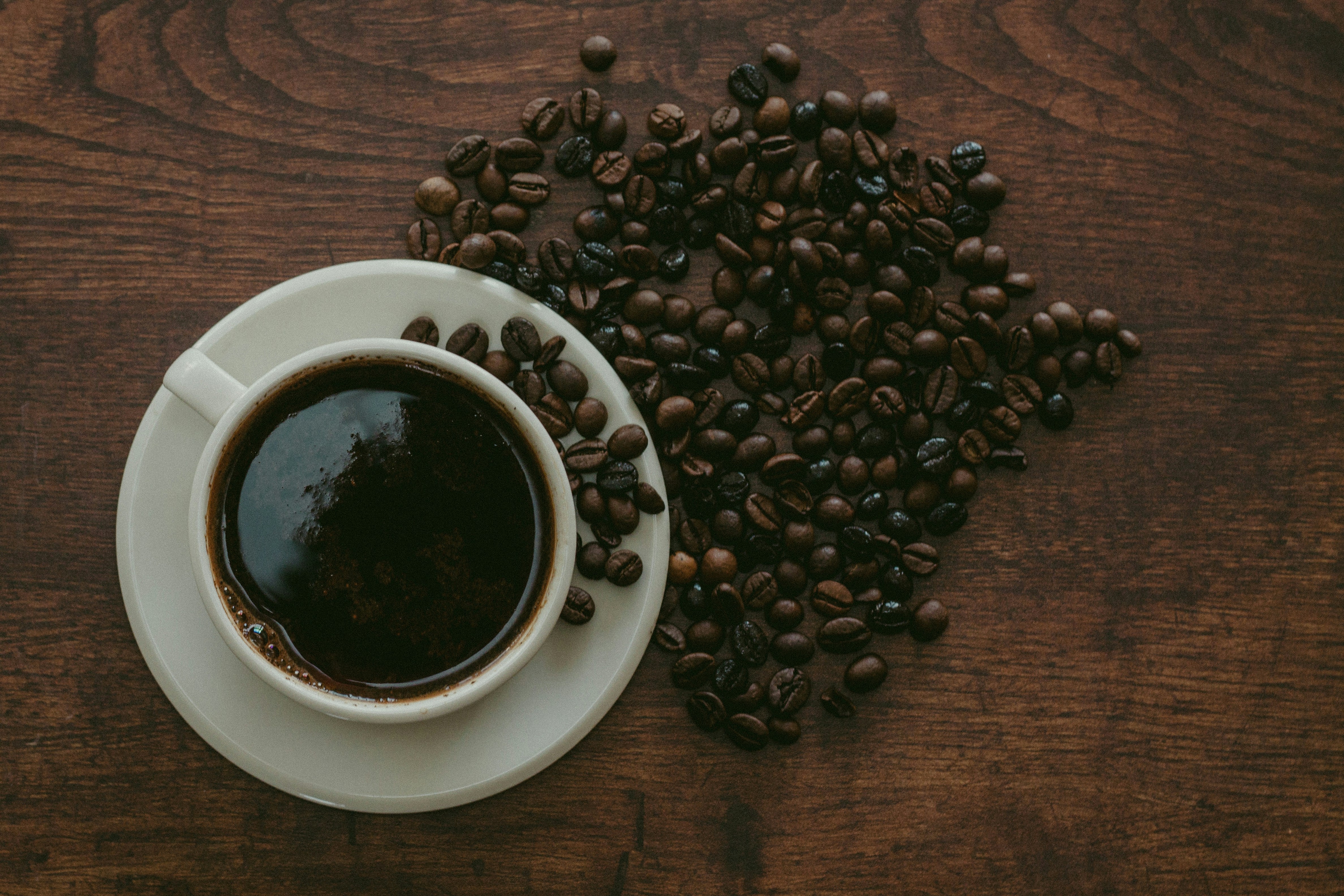
Caffeine
The performance boost.
Caffeine sharpens focus and lowers perceived effort, making late-race fatigue feel easier. Too much though can upset your stomach or wreck your sleep.
FACT: You can’t outrun a bad diet
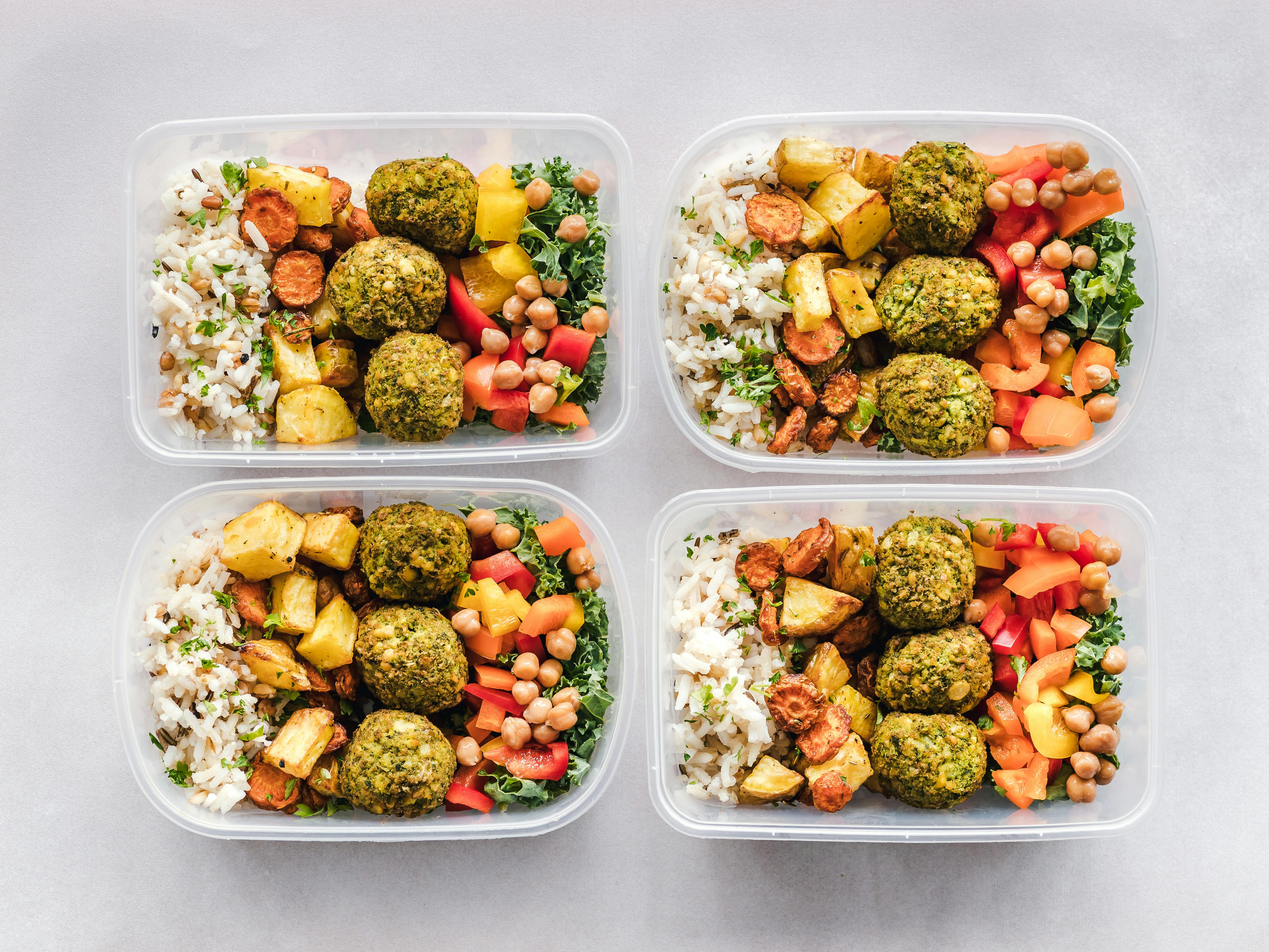
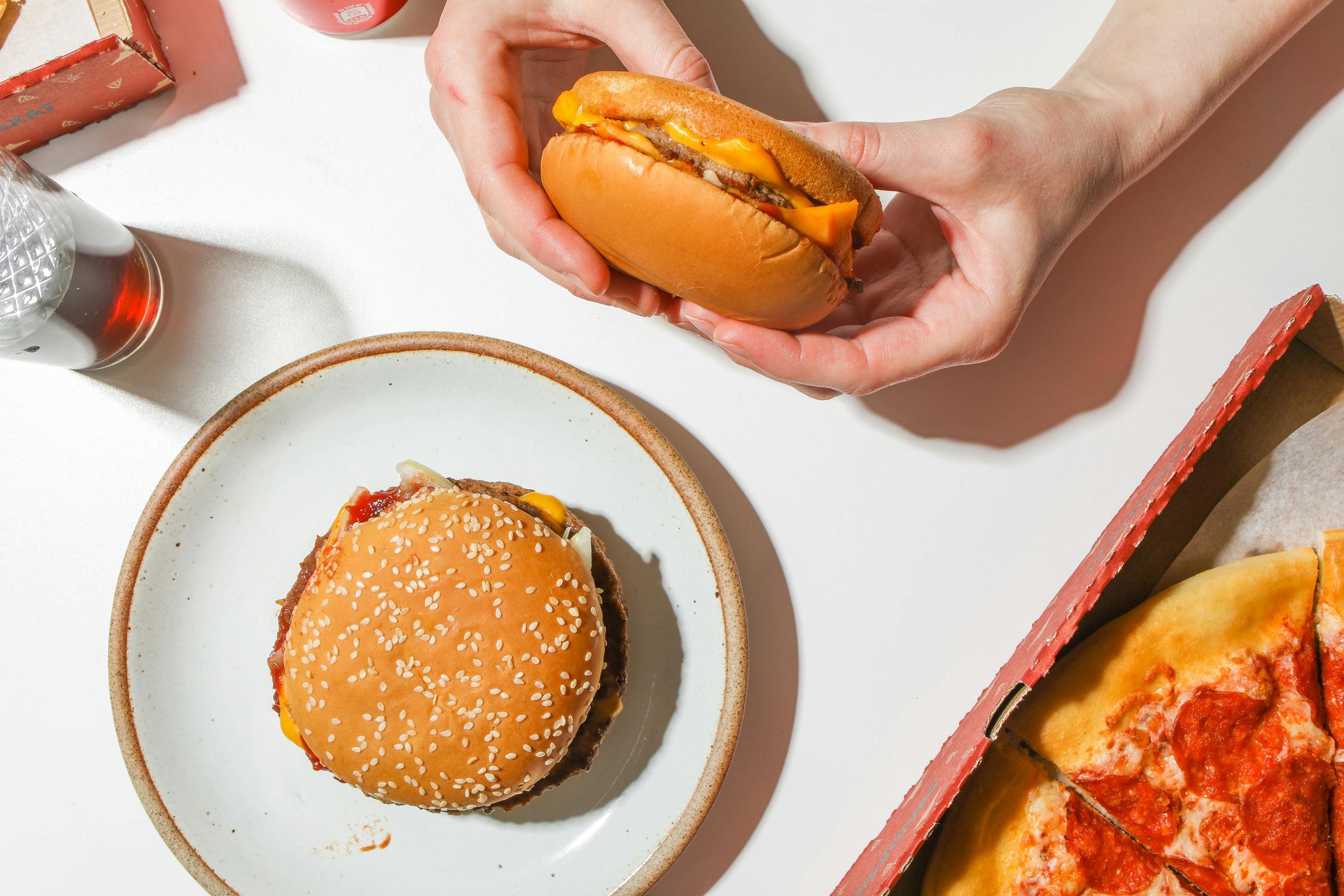
The 5 fundamentals of a healthy diet
The day-to-day
Balanced meals are your base and lay the foundation for long-term performance. Build most of your meals from fruits, vegetables, whole grains, lean protein, and healthy fats.
Performance Fuel
Fuelling before, during, and after key sessions keeps you energised, reduces fatigue, and supports progress. Underfuelling can limit adaptation and increase injury risk.
Hydration & electrolytes
Fluids and electrolytes regulate energy use, muscle function, and delay fatigue so you can go for longer. Make sure not to wait until you feel thirsty. Start hydrated and sip regularly, especially in hot weather or long sessions.
Supplements
Supplements like electrolytes, caffeine, or recovery powders can fine-tune performance and focus. They’re never a substitute for proper fuelling, but when combined with good habits, they give you an extra edge.
Timing & strategy
When you fuel is just as important as what you eat. Carbs before training power your effort, carbs during keep you going, and carbs with protein after help rebuild. Post-session fuelling is the key to recovery and progress.
A race fuel blueprint
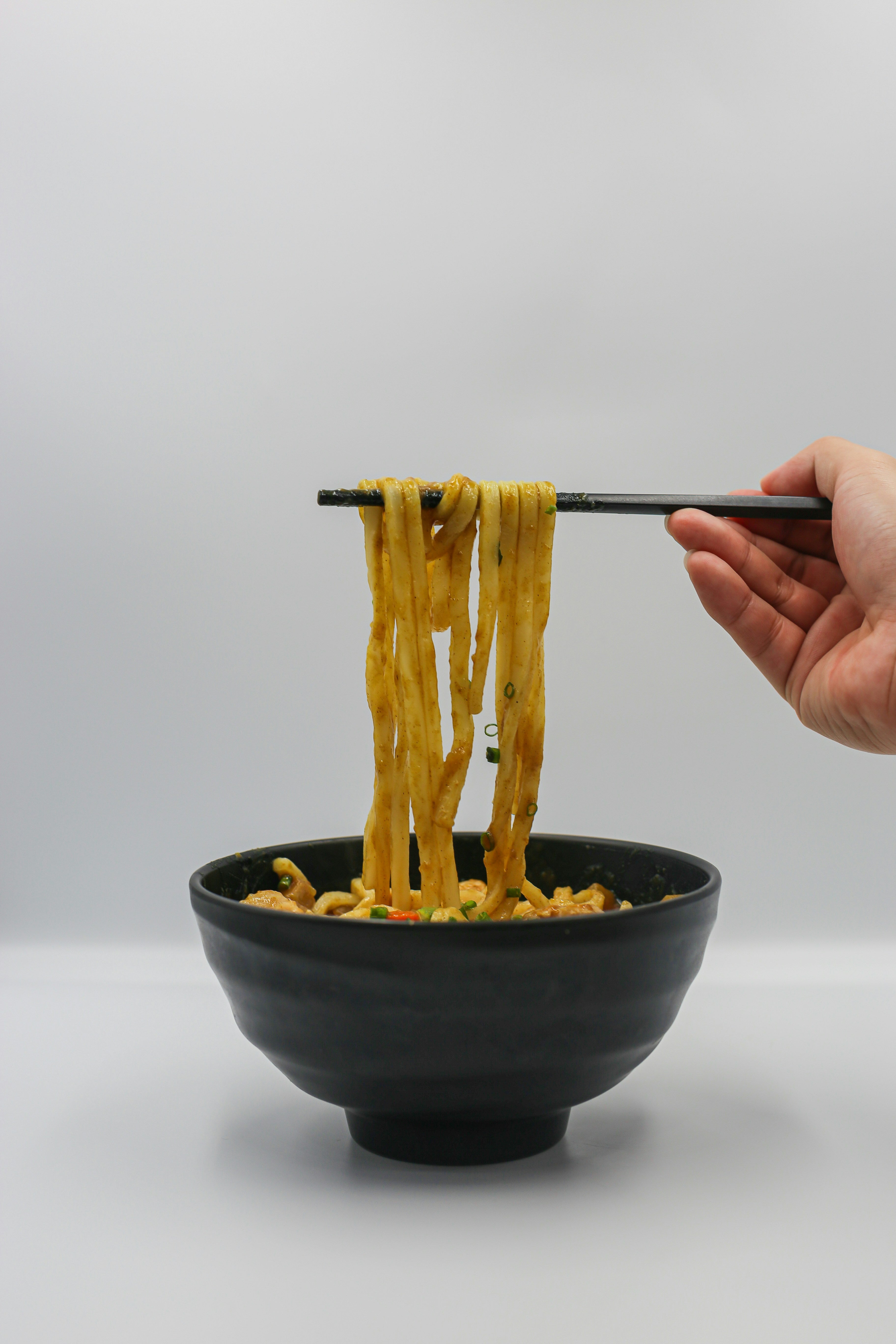
2-3 DAYS PRIOR
Build Your Base with Carbs & Balance
Eat a little extra carbs at each meal: rice, pasta, potatoes, oats. Keep fats and fibre moderate, sip water and electrolytes through the day, and stick with familiar foods. This steady approach tops up glycogen without overloading your gut.

SLEEP & RECOVERY
Bank Sleep Before Race Day
Aim for 7–9 hours a night in the build-up. Two nights before is the most important, so focus on getting quality rest then. Avoid heavy meals or caffeine late in the evening. Good sleep stores energy and sharpens focus.
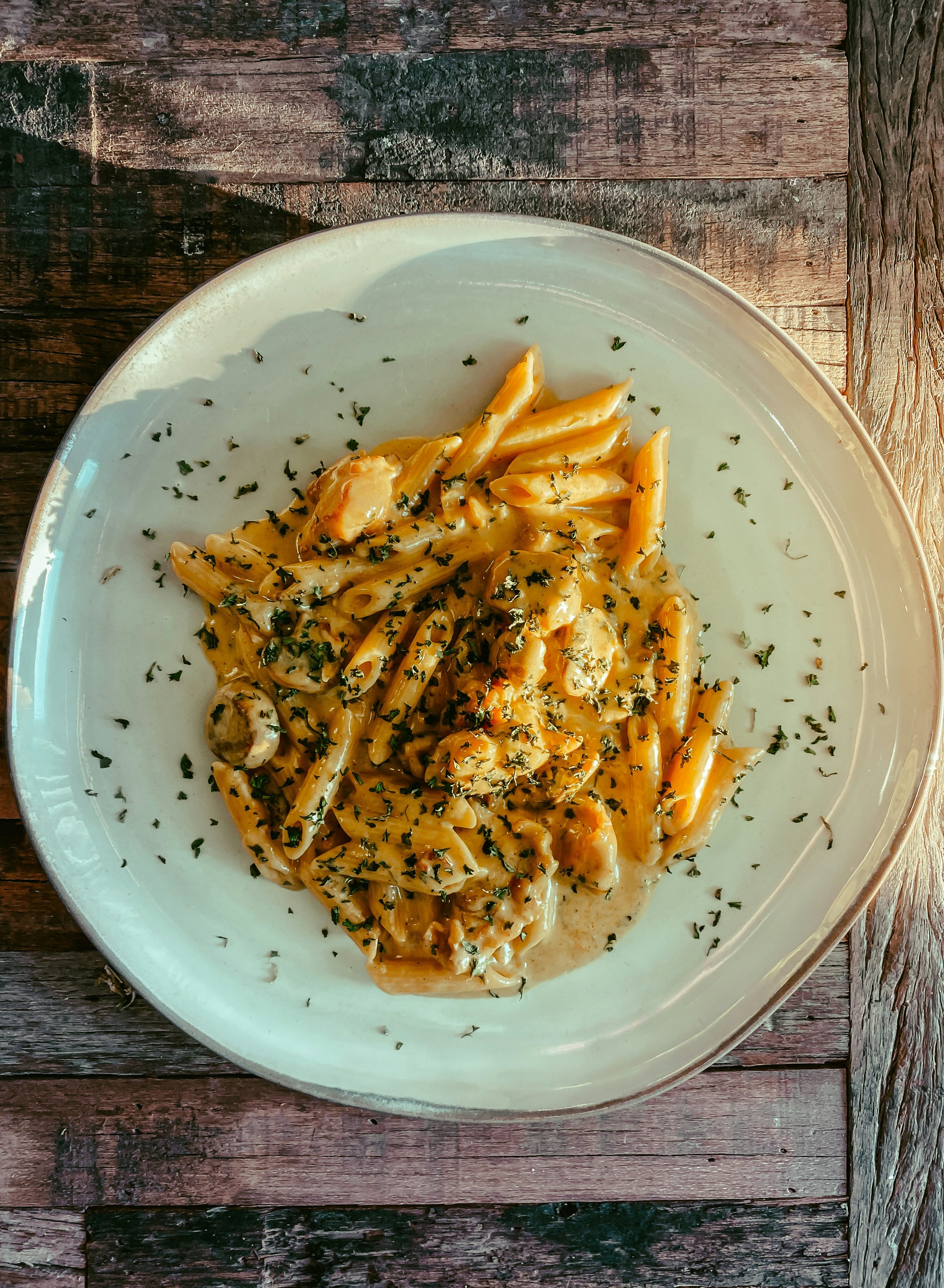
THE DAY BEFORE
Simple, Familiar, Carb-Heavy
Stick to meals you know. Dinner should be carb-rich with lean protein and low in fat or fibre - pasta with chicken is a classic. Drink steadily and add electrolytes if it’s hot. Familiar foods reduce the risk of race-day stomach issues.
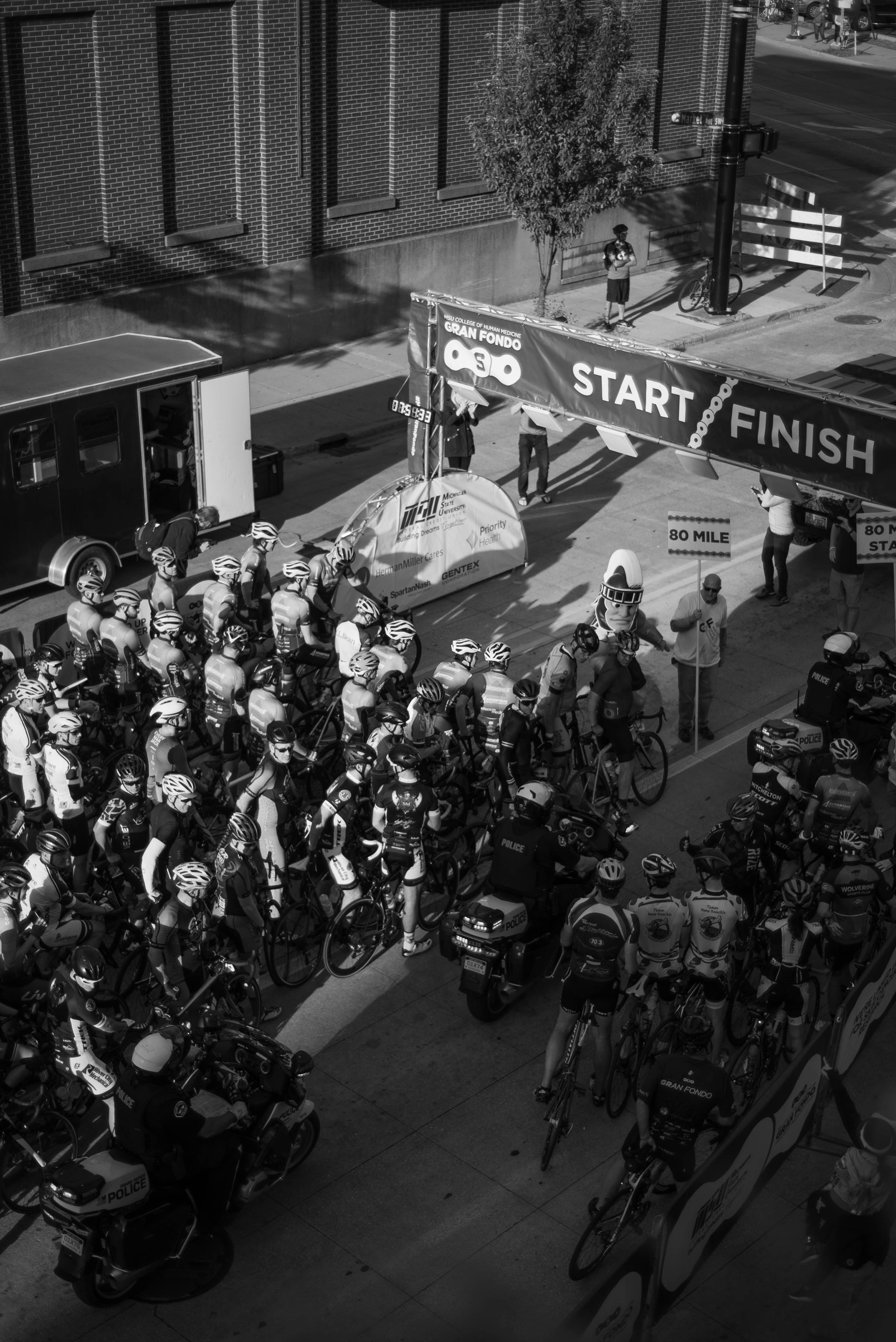
PRE-RACE & START LINE
Top Off & Prime the Engine
Eat 2–3 hours before: 100–150g of easy carbs like porridge, toast, or banana, with 500ml of water or electrolytes. Keep fat and fibre low and protein moderate. If caffeine works for you, take it now. Then 15–30 minutes before the start, have a gel or chew for 20–30g carbs and a sip of water to steady blood sugar.
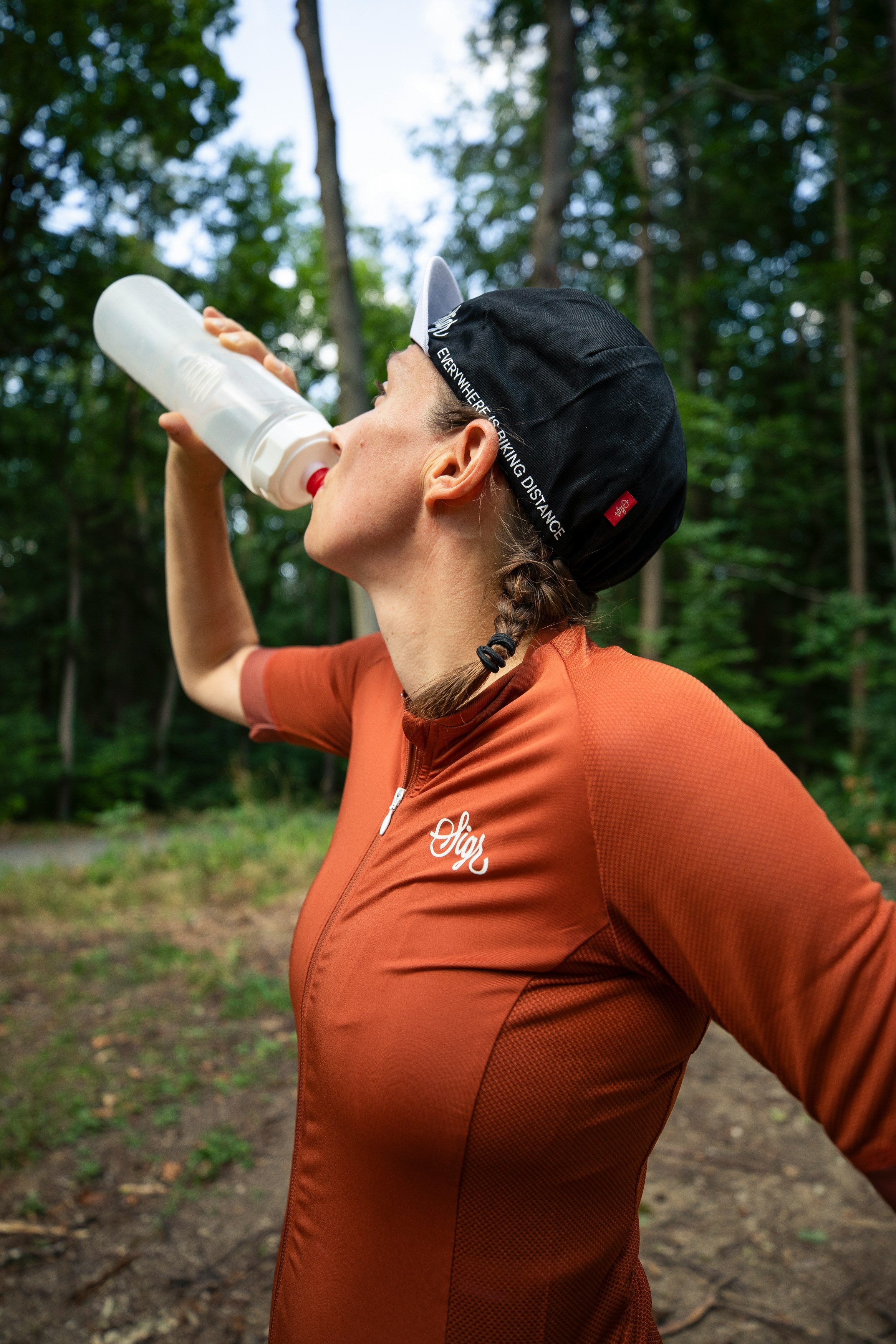
DURING THE FIRST HALF
Settle In & Stay Consistent
Start fuelling early - don’t wait until fatigue sets in. Aim for 60–90g of carbs per hour, roughly one gel, chew, or small bar every 45 minutes. Sip 150–250ml of water or electrolytes every 20 minutes, adjusting for heat and sweat rate.
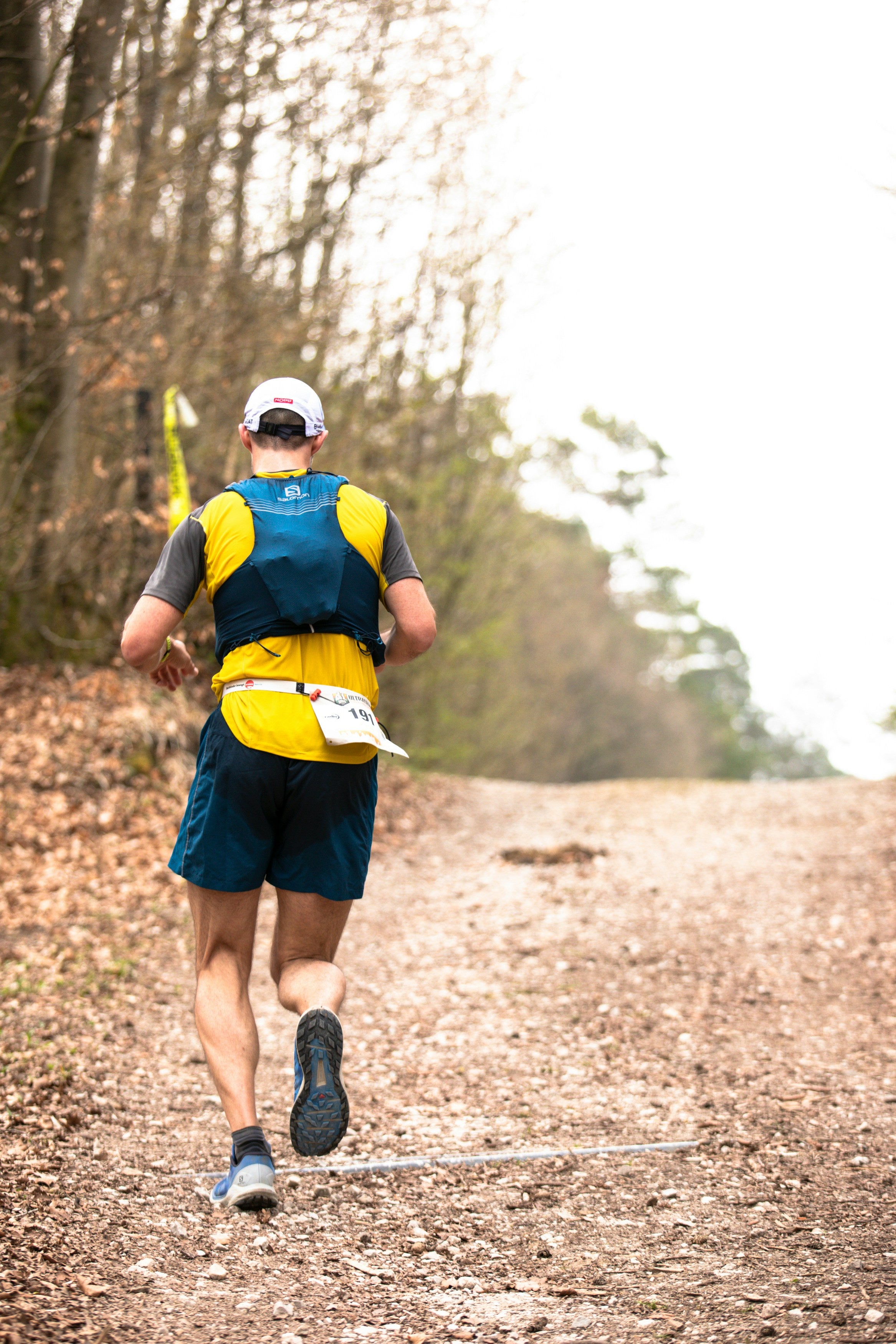
DURING THE 2ND HALF
Dig In & Finish Strong
Keep carbs coming - your body needs them most as fatigue builds. Add chews or a small bar for variety and increase electrolytes if conditions are hot. In the final stretch, a caffeine gel (if you’ve trained with it) can provide both mental and physical lift. Always carry 1–2 spares for emergencies or missed aid stations.
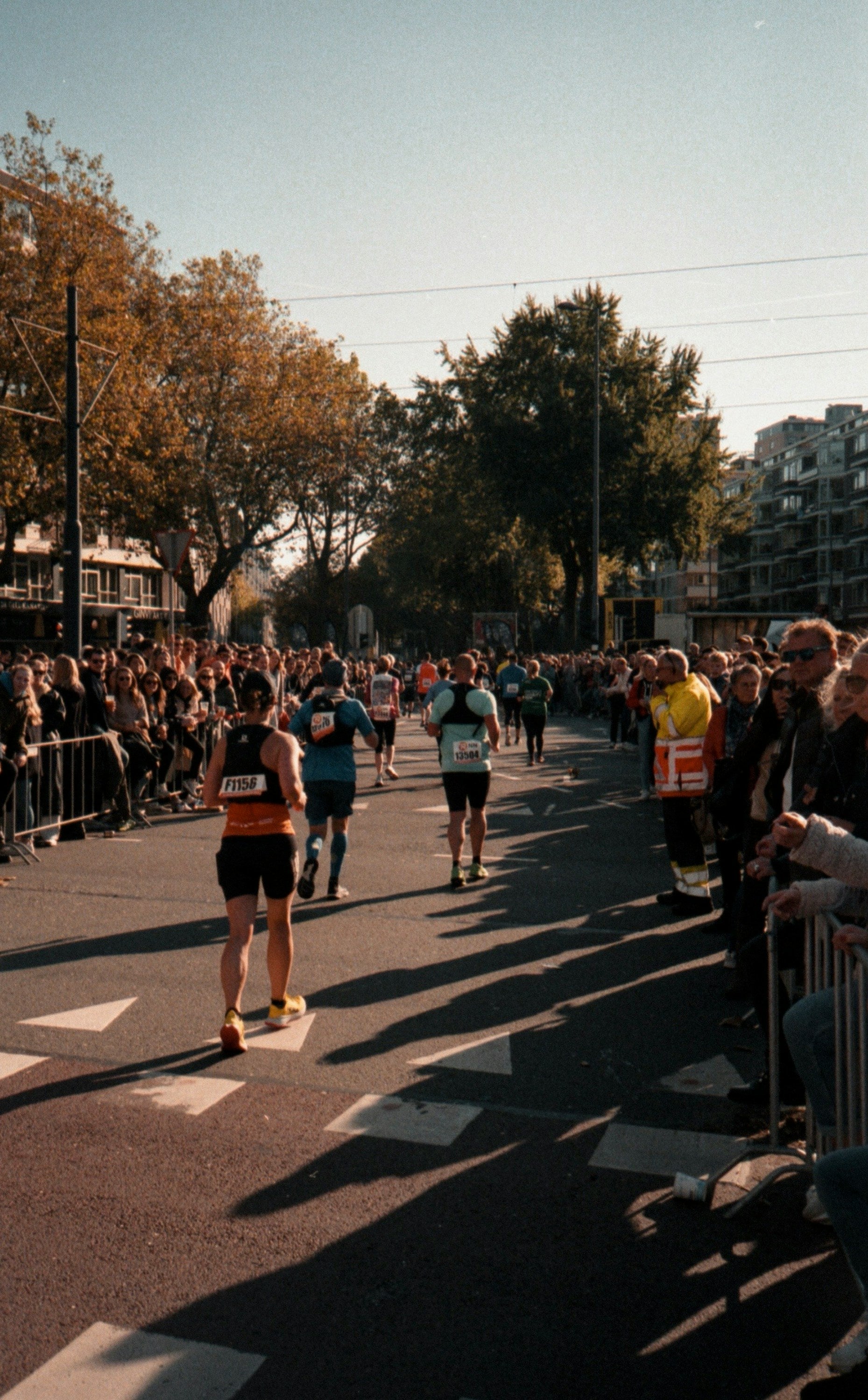
POST-RACE
Refuel & Repair
Within 30 minutes, take 20–30g protein with carbs - a recovery shake, chocolate milk, or bar. Keep sipping water and electrolytes, then eat a full balanced meal within 2 hours. Recovery starts as soon as you cross the line.
The question is
HOW MUCH SHOULD YOU BE EATING?
Although we source information and recommendations carefully and conscientiously, every athlete is different and so are fuelling needs. This guide is here to help you learn and experiment, but it is not medical advice. Listen to your body and adjust as you go.
Browse the sections below or download the pocket guides
For low intensity or rest days
- Carbohydrate requirements: 3g of carbohydrate per Kg of Bodyweight a day.
- Protein requirements: 0.4g per Kg of Bodyweight 3–6 times a day.
- Fat requirements: 1-3g of fat per Kg of Bodyweight a day.
For an hour of moderate training a day
- Carbohydrate requirements: 5-7g of carbohydrate per Kg of Bodyweight a day.
- Protein requirements: 0.4g per Kg of Bodyweight 3–6 times a day.
- Fat requirements: 1-2g of fat per Kg of Bodyweight a day.
For training sessions of 1-3 hours a day
- Carbohydrate requirements: 6-10g of carbohydrate per Kg of Bodyweight a day.
- Protein requirements: 0.4g per Kg of Bodyweight 3–6 times a day.
- Fat requirements: 2-3g of fat per Kg of Bodyweight a day.
For those training 4-6 hours a day over multiple sessions
- Carbohydrate requirements: 8-12g of carbohydrate per Kg of Bodyweight a day.
- Protein requirements: 0.4g per Kg of Bodyweight 3–6 times a day.
- Fat requirements: 3g of fat per Kg of Bodyweight a day.
For recovery and downtime
- Mixture of fast-release carbohydrate
and easily digestible protein - Between 1-1.2g carbohydrate and 0.4g protein per Kg of Bodyweight in 2-3 hourly intervals.
- Within 20-30 minutes of completing the
session - Followed by a fully balanced meal within 2 hours
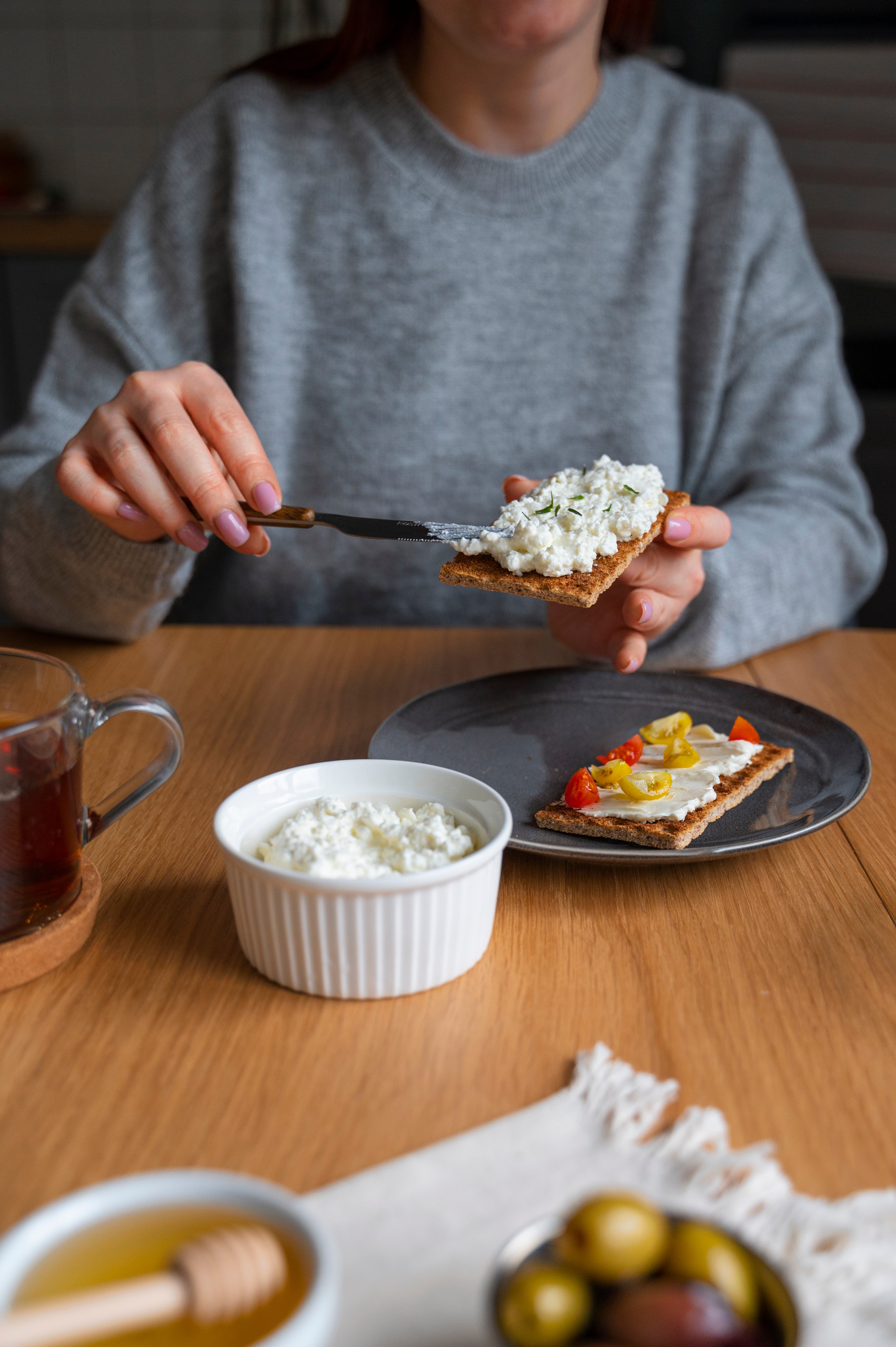
When should you be eating?
Timing matters as much as what you eat. Fuel with carbs 1-3 hours before and during sessions to power your effort, and combine carbs with protein after to recover and rebuild. Small, regular snacks between meals keep energy steady.
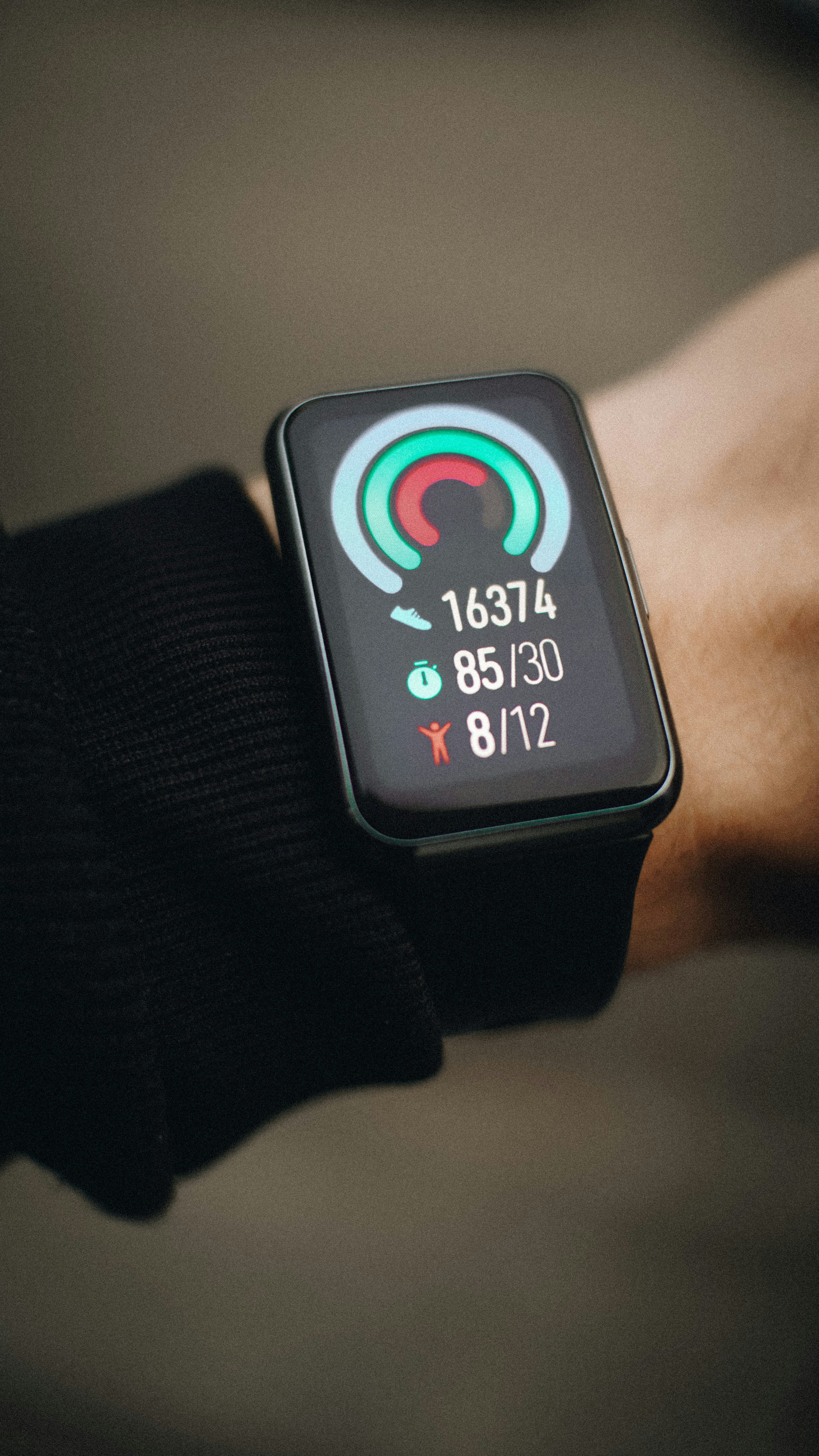
How do you know you've eaten enough?
Signs of underfuelling include early fatigue, dizziness, and slower recovery. Hitting 60–90g carbs per training hour and eating balanced meals around sessions is a good guide. If you’re always hungry, sore, or tired, you likely need more.
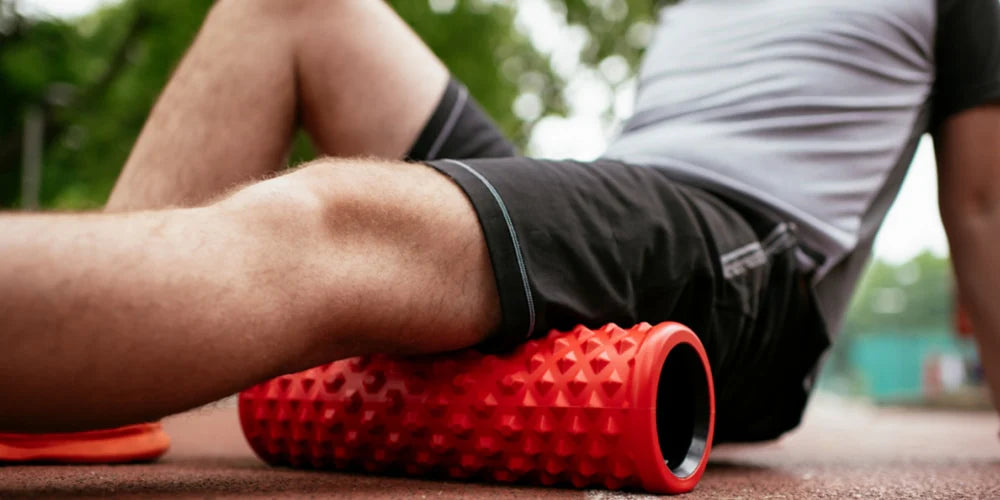
What should recovery meals look like?
A strong recovery meal combines carbs to restore energy, protein to repair muscles, and colourful veg for vitamins and minerals. Think rice with lean meat and vegetables, or a smoothie with fruit and protein. Simple, balanced, and quick.
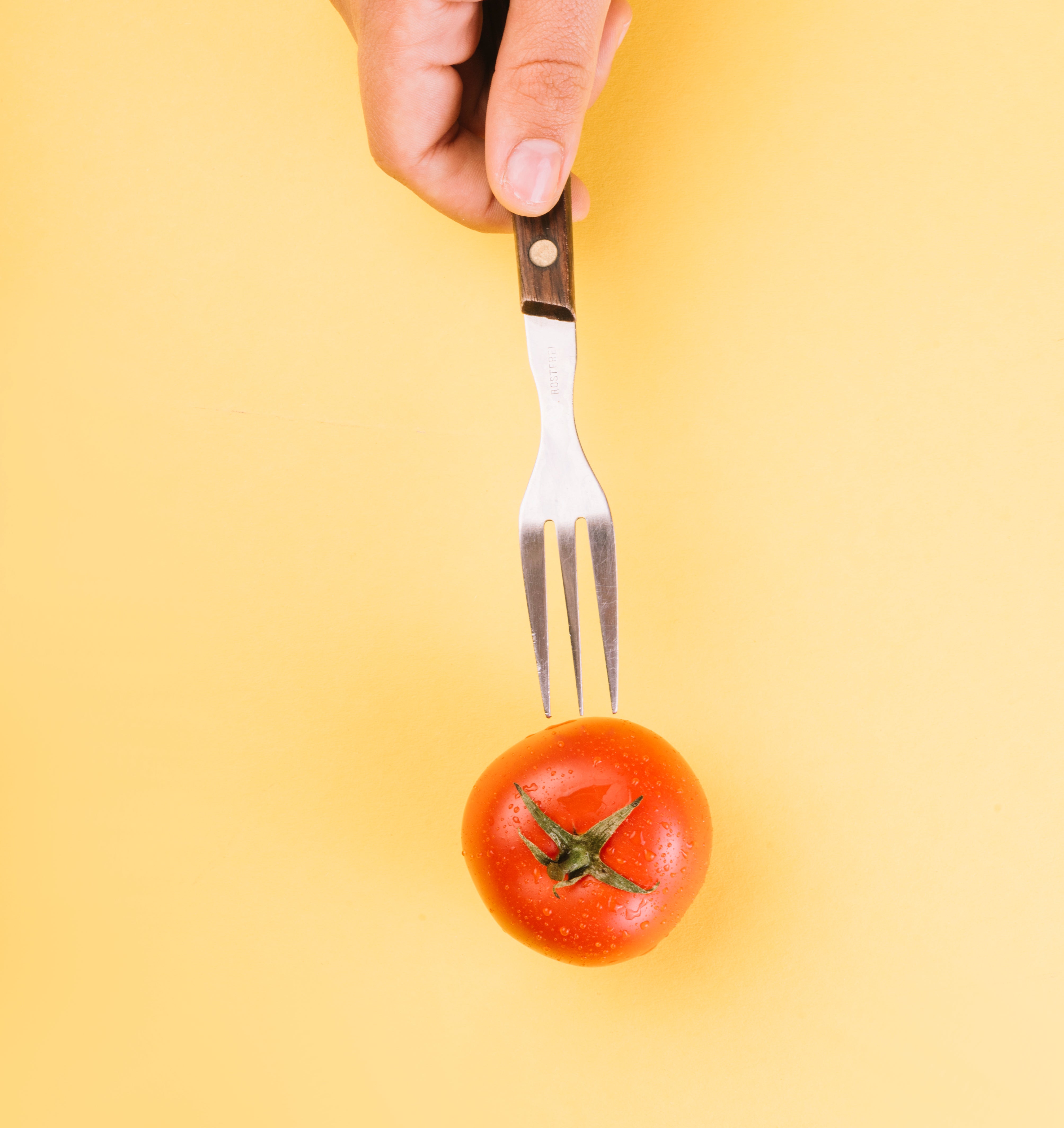
How can you adapt to food intolerances?
Endurance nutrition is flexible. Gluten-free athletes can lean on rice, potatoes, and maize. Dairy-free? Choose plant-based protein powders or nut milks. Always test products in training, not on race day, to find what works for your gut.
